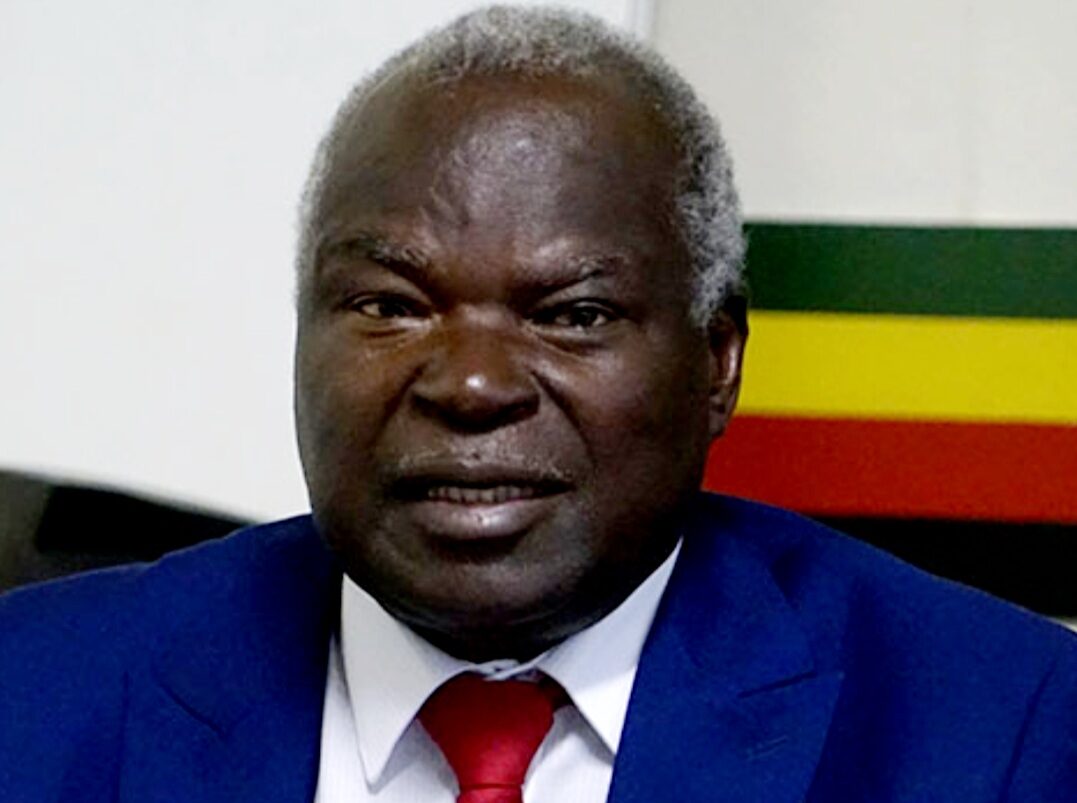HARARE – Public Service Minister July Moyo says the government will award increases on public workers’ wages in US dollars and further pay bonuses to its troubled workforce this year.
Moyo said in interviews with the state media that proposed wages will prioritise salary adjustments for lower-income employees after talks between government and workers’ representatives.
The minister said Treasury has set aside a “significant amount in US dollars to ensure that salary adjustments benefit all civil servants”.
He added, “However, under the President’s directive, we have prioritised the upliftment of lower-income employees to bridge the wage gap.”
Moyo also said bonus shall be paid to all civil servants this year.
“On the bonus, we will make an announcement after consulting with Treasury, but the bonus will certainly come,” he said.
The minister’s comments follow renewed anxiety within a restless public workforce after the central bank recently weakened the ZiG in what authorities say was a strategic decision to narrow the yawning gap between rates offered on the official and parallel markets.
Finance Minister Mthuli Ncube also said last week that government workers will soon receive a pay rise as part of measures to cushion them from the shocks created by a recent Reserve Bank of Zimbabwe (RBZ) decision to devalue the ZiG by over 40 percent.
The Treasury chief said government was aware that wages were affected by the induced fall of the ZiG hence the need to restore their buying power.
“…For us as a government, we will make some adjustments, naturally, to civil service salaries to make sure that the purchasing power of the salaries is somewhat restored.
“Maybe not in full, but because someone wants to get in there. So, there is bound to be pain, there’s bound to be impact, and that’s what happens with any policy.
“Any policy does have negative impacts and that’s what will happen. But we will make some adjustments to make sure that those who are losers can be compensated somewhat.
“It won’t be everybody who will be looked after, but we’ll do our best.”
Civil servants form a troubled section of the country’s workforce as a significant part of their monthly wages is paid in local currency.
This often presents a big challenge for them as a lot of goods and services in the country are either pegged in foreign currency or their local currency prices are indexed against the US dollar black market rate.
















